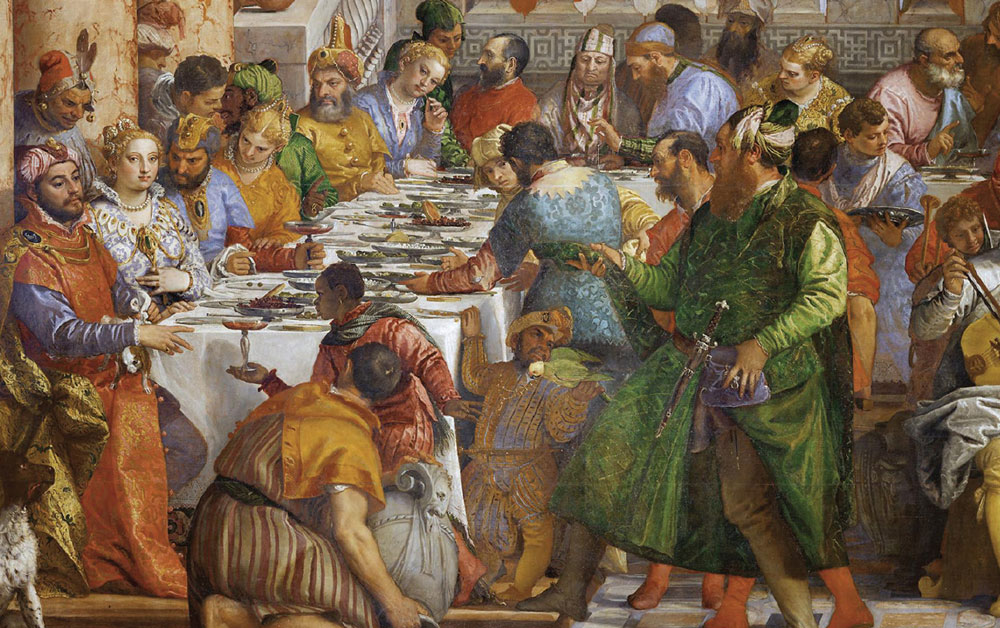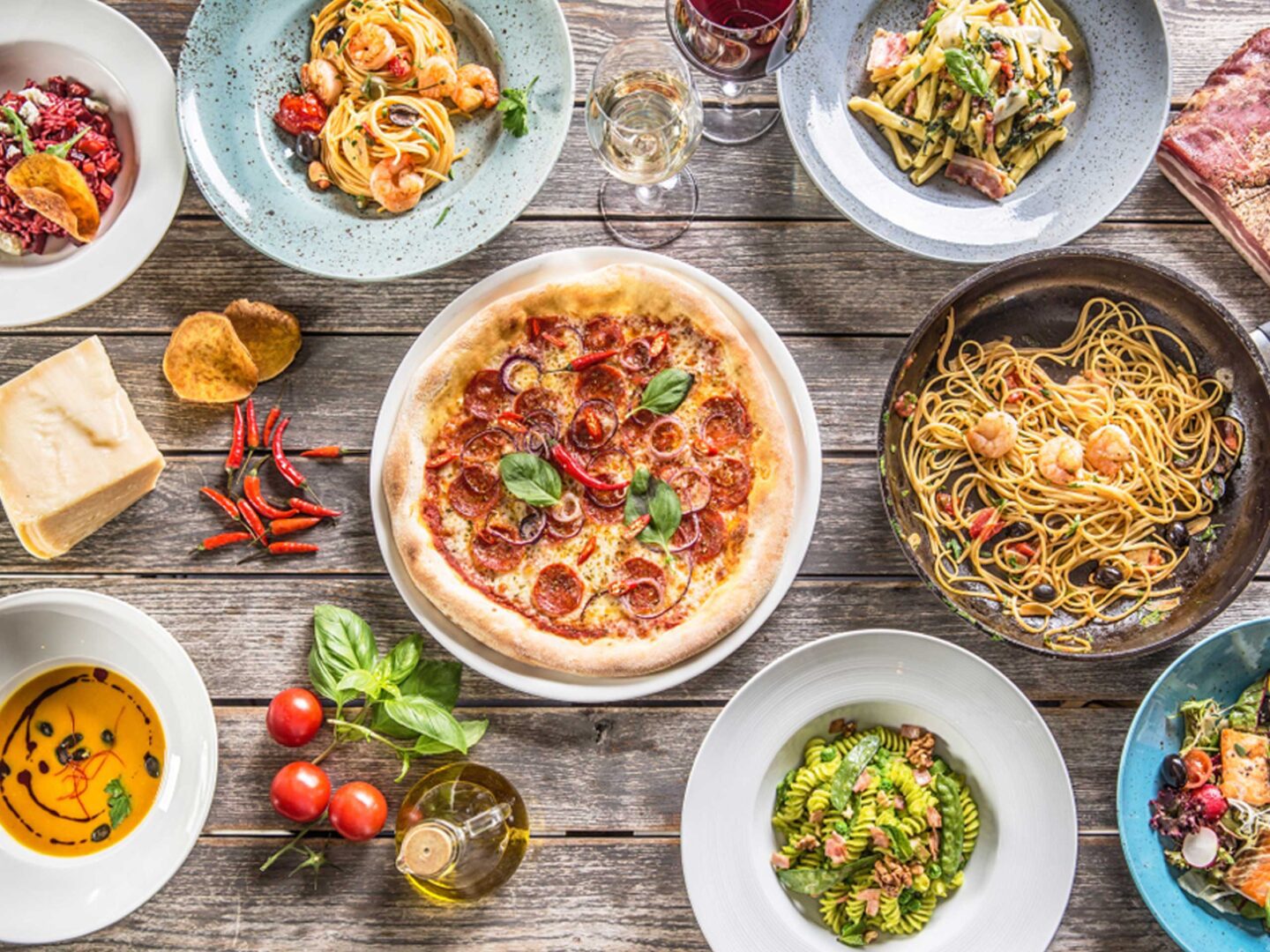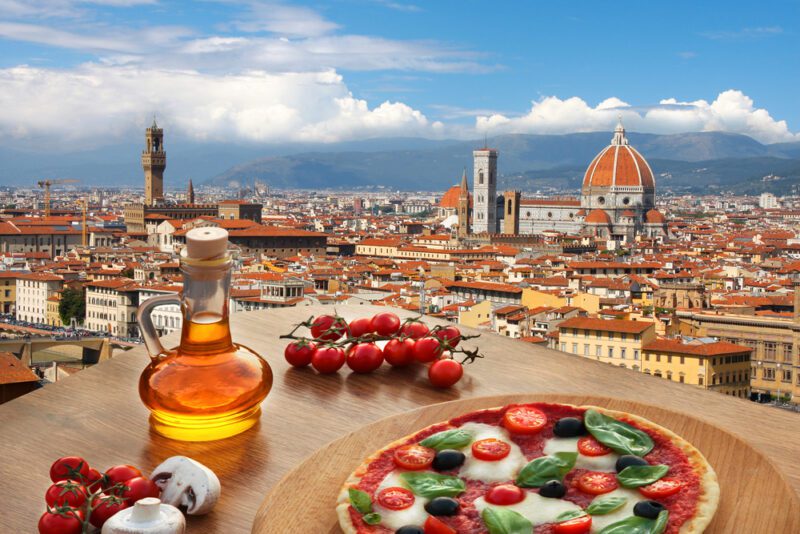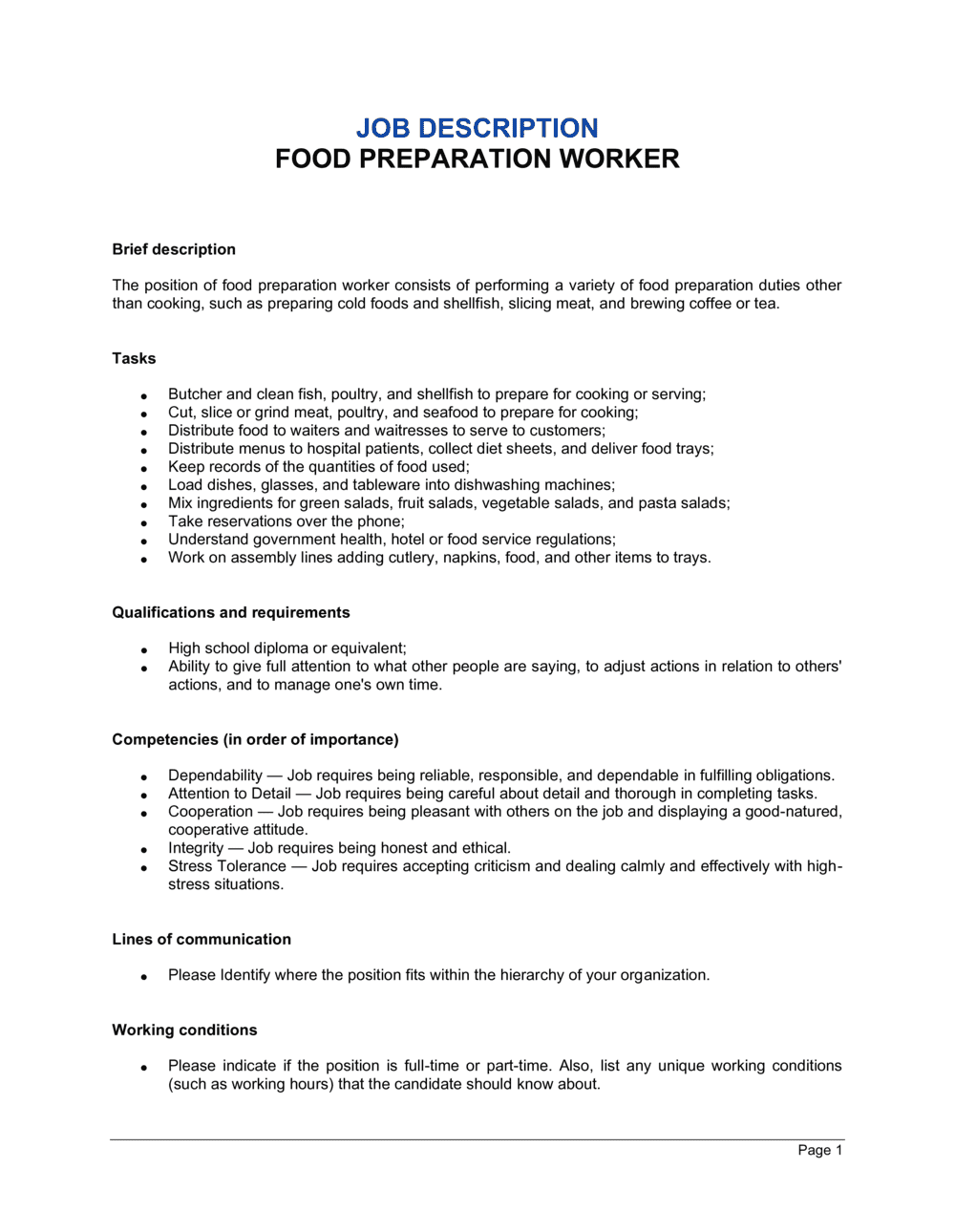The food of the renaissance
Table of Contents
Table of Contents
Italian cuisine is a source of pride for Italians and food-lovers worldwide. The tantalizing aroma and taste of Italian food can transport anyone to the streets of Italy. The culture of food in Italy is deeply rooted in history and has evolved significantly over the centuries. In this article, we’ll explore Italian food history and culture and how it has influenced the world.
The Pain Points of Italian Food History And Culture
Many people have a limited understanding of Italian cuisine, thinking it only comprises pizza, pasta, and lasagna. Many Italian dishes outside these staples are unknown to people. Besides, the culture of Italian cuisine isn’t restricted to just food. It’s a mix of history, art, and traditions passed down through generations.
Understanding Italian Food History And Culture
Italian cuisine has its roots dating back to the 4th century BCE. With influences from different cultures like Etruscan, Greek, and Roman, the country’s cuisine has evolved to be one of the world’s most famous. Italy is recognized for its cuisine because of its respect for quality and tradition. Their cooking style is an art that involves a mix of techniques and skills.
What Are The Main Characteristics Of Italian Food History And Culture?
Italian cuisine comprises simple yet delicious ingredients like tomatoes, olives, cheese, and wine, with about twenty regions producing their own wine. Italians use a lot of ingredients in traditional cooking, each with its purpose to bring out all the flavors. Tradition is a critical aspect of Italian food culture - using fresh ingredients, value to family, and social gatherings.
Exploring the Italian Food Culture
I had the opportunity to experience authentic Italian cuisine on a trip to Naples. Walking through the streets, the aroma of pizza and seafood filled the air. We entered a small seafood restaurant and were greeted with fresh seafood on a bed of handmade pasta, topped with a flavorful sauce. It was unlike anything I’d ever tasted, and I felt connected with the history and culture of the place.
Italian food culture is about more than just the food; it’s about enjoying meals with family and friends over several hours, drinking wine, and savoring every bite. Italians believe in using fresh, high-quality ingredients to cook their meals, and each region has its specialties and flavors that reflect their culture.
Italian Food History And Culture: A Closer Look
Food plays a significant role in Italian culture, and their beliefs are rooted in eating seasonal and fresh ingredients that they harvest themselves or purchase from local markets. The concept of ‘mangiare in famiglia’ (eating with the family) is an important one for Italians as it is a way of relaxing, bonding, and spending quality times with their loved ones. Food is not just about eating; it offers emotional, cultural and social connections that bring people together.
The Evolution of Italian Food Culture
Italian cuisine has undergone significant changes over the centuries. Italy’s different regions have been influenced by various cultures, geography, and agriculture, which have made each region unique in its food and wine production. The introduction of new ingredients like potatoes, tomatoes, and maize created a new generation of Italian cuisine, which eventually became what we know as modern Italian cooking.
“Question and Answer” Section on Italian Food History And Culture
Q. What’s the most popular Italian dish?
A. While pizza and pasta might be the most famous, Italy’s cuisine is diverse and regional-centric. Some other popular dishes include risotto, lasagna, pesto, ribollita, and Caprese salad.
Q. What is the importance of wine in Italian food culture?
A. Wine is an integral part of Italian cuisine, and it reflects the country’s rich agricultural heritage. Wine varieties differ from region to region, and winemaking is considered an art form. Italians use wine in their cooking, and many dishes are incomplete without them.
Q. What’s the secret behind Italian food’s taste?
A. Italian food has a distinctive taste and aroma because of the use of fresh, quality ingredients. Italy’s cuisine preferences simple dishes that keep the natural flavor of the ingredients. Italians use fresh herbs, olive oil, cheese, and wine in their cooking, which adds to its taste.
Q. Why is fresh pasta a staple in Italian cooking?
A. Fresh pasta is a staple in Italian cooking because it’s made with few ingredients and is easy to make. Pasta is an essential part of Italian tradition that dates back centuries. Fresh pasta offers versatility in cooking and comes in different shapes and sizes, making it suitable for various dishes.
Conclusion of Italian Food History And Culture
Italy’s cuisine is a testament to its people’s love for food. The country’s food history is rich, diverse, and stretches back to ancient times. Italian food culture is more than just food; it’s about family and togetherness. Italian cuisine is unique because of the respect for tradition and the use of high-quality ingredients. Exploring Italian cuisine is an exciting and fulfilling journey.
Gallery
The FOOD Of The RENAISSANCE - Mise En Place

Photo Credit by: bing.com / renaissance food history table manners european cooking were painting eating italian century invention them know refiloe restaurant service 16th age
Italian Food History: Who Invented Pizza? - Pinsa Romana US

Photo Credit by: bing.com / italian invented
Some Basics Of Italian Food CultureItalian Feelings

Photo Credit by: bing.com / italian food culture some basics feelings italy background essay ingredients should know meal restaurant preview
A Deep Understanding Of The Italian Food Culture | Rifugios

Photo Credit by: bing.com / italiana culturas gastronomía rifugio praha worten
A Deep Understanding Of The Italian Food Culture | Rifugios

Photo Credit by: bing.com /






